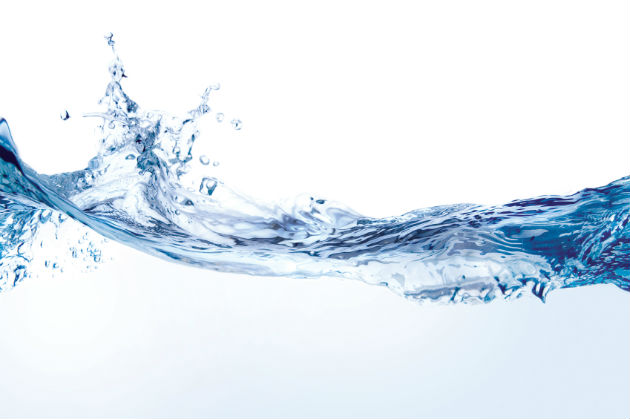Being the earth’s most valuable resource, water holds a special place in our hearts — not to mention the fact that roughly two-thirds of the human body is composed of the stuff. Needless to say, it is becoming increasingly dire to use this life-sustaining substance as efficiently as possible, reduce the amount used, and recycle it endlessly when possible. Yes, aqua is paradoxically the most abundant substance on our planet, yet it is becoming worrisome due to threat of scarcity, particularly in Third World nations. Water rights, sustainability and consumption is a worldwide issue as indicated by the
World Water Congress & Exhibition, and as such here are a few examples of the good, the bad and the ugly regarding our liquid life-giver.
The good
As mentioned above, water issues are more pronounced in regions of the globe that are less developed than the leading powers of Europe, Asia and the United States. Here more than anywhere else, sustainability is taking root more so out of necessity than luxury. Water conservation is key to future sustenance and one school in rural India is tackling the issue head-on while making it educational to boot.
At schools in Madhya Pradesh, a central state of India, the
Greywater Reuse in Rural Schools: Wise Water Management Guidance Manual has taken hold as a template for conserving water and reusing when possible. According to
a WASH Resources article, “The manual demonstrates methodology proposed by WHO [World Health Organization] to derive the health based targets and water safety plan for safe (re)use of greywater.” Further, the article really hits home declaring the following:
At the present time one third of the world’s population lives in water scarce areas. By the year 2050 it is estimated that the proportion of people living in moderate water stress conditions will increase to two thirds and a half of the population will be living under severe water stress conditions.
As minds change and people stop taking water usage for granted, which seems to be mostly all of us developed nation citizens, our future will look a little brighter as we will have developed habits and technology that reduce, reuse, recycle and conserve the world’s greatest substance.
The bad
When searching for good reasons to start becoming frugal with water, look no further than
the homepage of the World Water Council (WWC). The WWC informs us that the irresponsible usage of water can easily lead to agricultural and environmental crises, that will no doubt result in catastrophe for thousands of people, if not more.
Citing phenomena such as increasing human population, changes in lifestyle, agricultural expansions and industrial processes, the WWC indicates how rapidly the available water for human purposes is vanishing. As a related effect, the WWC advocates that this same rapid increase in water usage for human purposes is negatively affecting large aquatic ecosystems and their dependent species. Properly using (or not using) water in today’s world is more urgent than ever. With green-thinking technology and powerful advocates for proper mindsets, water consumption should be increasingly efficient (unless, of course, it’s not).
The ugly
The old saying goes, “the path to hell is paved with good intentions.” It seems that intentions centered on goodwill and eco-friendliness can sometimes go wrong. One example is the archaic and infuriating legislation than prohibits water conservation and reuse.
A
National Geographic article informs readers that laws in New Orleans prohibit the new age, forward-thinking and future-crisis-averting homes crafted under the
Make It Right foundation and
Global Green communities.
Both organizations made a heroic push to both get people back in homes after the tragic events of Hurricane Katrina, as well as showcase the best and brightest designs for sustainable living.
The article explains:
Several homes in the two most advanced green communities have 1,000-gallon underground cisterns to collect New Orleans’ copious rainwater. The plan was to use solar energy to pump water from the cisterns into a separate plumbing system that would be used to flush toilets. But the state of Louisiana has outlawed such cistern and non-potable water use for nearly a century, and has not changed its stance, citing public health concerns.
However, like many other areas of the globe, attitudes toward sustainable projects and products are changing for the better. The end of the article offers some hope when quoting Matt Petersen, CEO of Global Green, indicating that cities and states are slowly starting to embrace water reuse and rainwater systems.
Perhaps one day water usage won’t be an issue. Maybe the miraculous combination of advanced technology, common sense, goodwill toward people and the planet and self-restraint will solve the increasingly pertinent issue of water consumption. But until then, try and the partake in the little acts of reducing, reusing and recycling water (and other resources) whenever possible.
